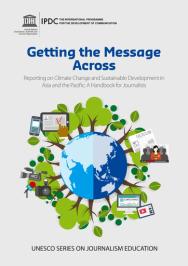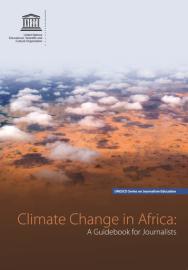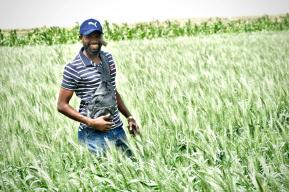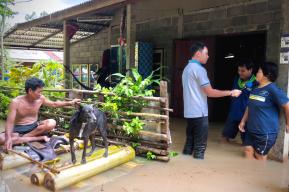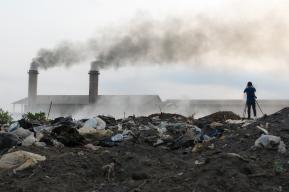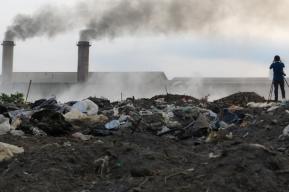
Climate Change in News Media
In the past decades, thanks to media, climate change concepts have been reported in an accessible way, which increased public understanding of the need for environmental protection. UNESCO aims to help media organizations go a step further than that and strengthen their capacities to use intelligence tools and technology to gather facts, sort and analyse data on the climate change situation, such as satellite imagery, databases on wind or weather, topographic data, etc, and report on the action or inaction of social actors by investigating public records, such municipal decisions, official declarations, parliamentary votings, etc. As a stakeholder group of the Sendai Framework for Disaster Risk Reduction, media are also vital in disaster risk reduction, particularly in areas with high disaster risks and little Internet penetration.

Training Programmes for Media in Regions Most Vulnerable to Climate Change
UNESCO is supporting media organisations in strengthening their editorial coverage of climate change and other environmental issues, in a transformative manner.
Through the use of digital methodologies, open-source intelligence tools and public records, the beneficiary media will have enhanced capacity to create news segments or full broadcasts dedicated to climate change and environment, better exercise their sleuthing for the public good and watchdog function, and inform on solutions to local challenges.
UNESCO also assists media in Small Island Developing States in preparing for disasters and continuing to broadcast during emergencies such as natural hazards.

Programmes around the World
News
Publications
